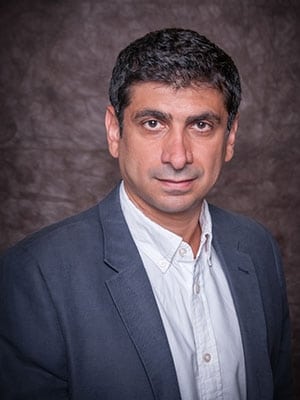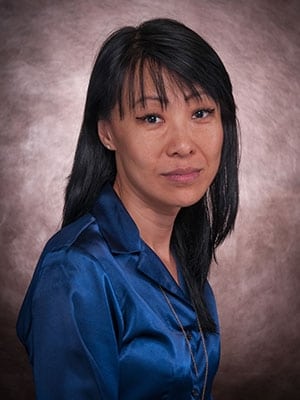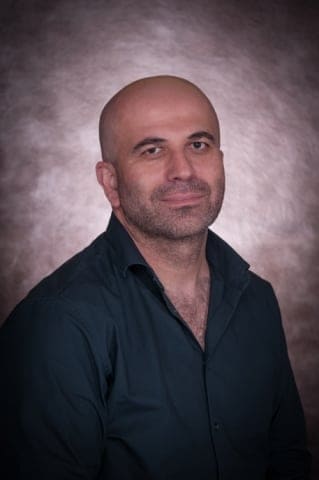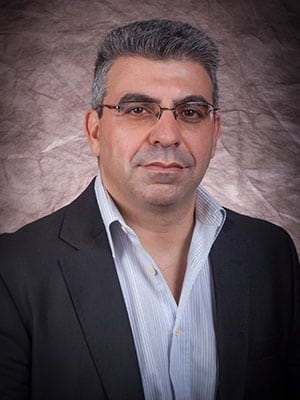Media and Communications
(PhD, 3 Years)
Duration
3 years
Qualification Awarded
Media and Communication (PhD, 3 years)
Level of Qualification
Doctorate Degree (3rd Cycle)
Language of Instruction
English and Greek
Mode of Study
Full-time or Part-time
Minimum ECTs Credits
180
Request Information
Media and Communications (PhD, 3 Years)
| Duration | 3 years |
| Qualification Awarded | Media and Communication (PhD, 3 years) |
| Level of Qualification | Doctorate Degree (3rd Cycle) |
| Language of Instruction | English and Greek |
| Mode of Study | Full time / Part time |
| Minimum ECTS Credits | 180 |
Request Information
Profile of the Programme
With strengths across the fields of Media and Communication, the Department of Communications offers aspirant researchers and accomplished professionals a strong platform to develop both their academic interests and their career. The Department aims to provide an inspiring and vibrant environment for postgraduate research, to support the development of research and presentation skills, and to respond to the academic needs of our students. We create opportunities for interdisciplinary interaction and we pride ourselves on helping our students to extend their professional networks by organising conferences, seminars and events that aim to establish close links with the media industry and the local and international academic community. The members of the Department of Communications are actively engaged in challenging projects and publications, and in a broad range of extracurricular activities such as: creative media projects, organisation of media related festivals and other cultural events; professional training and consultancies in a variety of fields such as Media Literacy and Education, Digital Media and Learning, Film Policy, Community Media, Transmedia and Digital Storytelling and Social Media Management.
Prospective PhD students are welcome to approach the Department at any time in the academic year. You are strongly advised to contact the Doctoral Degree Coordinator before making a formal application. This helps us to ensure that we can offer you the best support and put you in contact with the member of the Department who has the expertise to help and guide you.
Career Prospects
People who complete successfully the doctoral programme will be able to:
- Work as Research Faculty Members in tertiary education institutions.
- Exercise a leadership role in the media, e.g. the industry or the academic world.
- Be appointed as high officials in various departments/services of Ministries associated with the function and contribution of the media to social and cultural development.
- Exercise an administrative and/or supervisory role in public or private institutions of higher education, in research centres or in consulting units.
The minimum requirement for admission to the doctoral degree programme is a Master’s Degree and a Thesis Proposal.
English Language Proficiency
Students satisfy the English requirements if their first degree was taught in English. Otherwise, they would need to present a minimum TOEFL score of 550 paper-based or 213 computer-based, GCSE “O” Level with minimum “C” or IELTS with a score of 6.5.
The Doctoral Programme requires the completion of at least 180 ECTS, 60 of which is allocated to the preparation and successful defence of the research proposal, while the remaining 120 is allocated to the preparation and successful defence of the thesis. The duration of a doctoral student’s research programme is at least three years.
The programme extends over three academic years, that is 6 semesters in all.
Upon successful completion of this program, students are expected to:
- Be specifically trained in case-analysis, project-setting and problem-solving contexts.
- Acquire research skills and analytical competencies to address the challenges posed by developments in the areas of media production, consumption and corporate communication.
- Acquire the competence necessary to analyze and evaluate the quality and effectiveness of media and communication policies as well as the role of non-state actors, including corporate organizations, civil society organizations, communities, human rights activists’ networks.
- Possess the competencies and skills required for academic careers, as well as to advise and assist public and private institutions active in the implementation of media production/distribution policies, media literacy policies as well as corporate communication strategies.
- Comprehend basic principles of research design, including an understanding of how to conceptualize media and communications research and construct and test hypotheses by applying a range of research methods and tools.
- Be able to manage successfully all the stages of a research project, including designing, conducting and disseminating research in a way that is consistent with both academic practice and the standard principles of research ethics.
- Develop a sound understanding of the advantages and disadvantages of a range of research methodologies and data collection methods.
- Be in a position to illustrate and critically evaluate research methods used in the field of Media and Communications and demonstrate aptitude in the preparation, execution and management of an independent research study.
- Develop skills in the dissemination of findings to the wider academic community, initially through writing-up their Thesis and then through publishing their work in academic journals and/or giving presentations in academic conferences and seminars.
| Course Code | Course Title | ECTS Credits |
|---|---|---|
| PHDF-100 | Doctoral Course – Fall semester | 30 |
| PHDS-100 | Doctoral Course – Spring semester | 30 |
Your Content Goes Here






